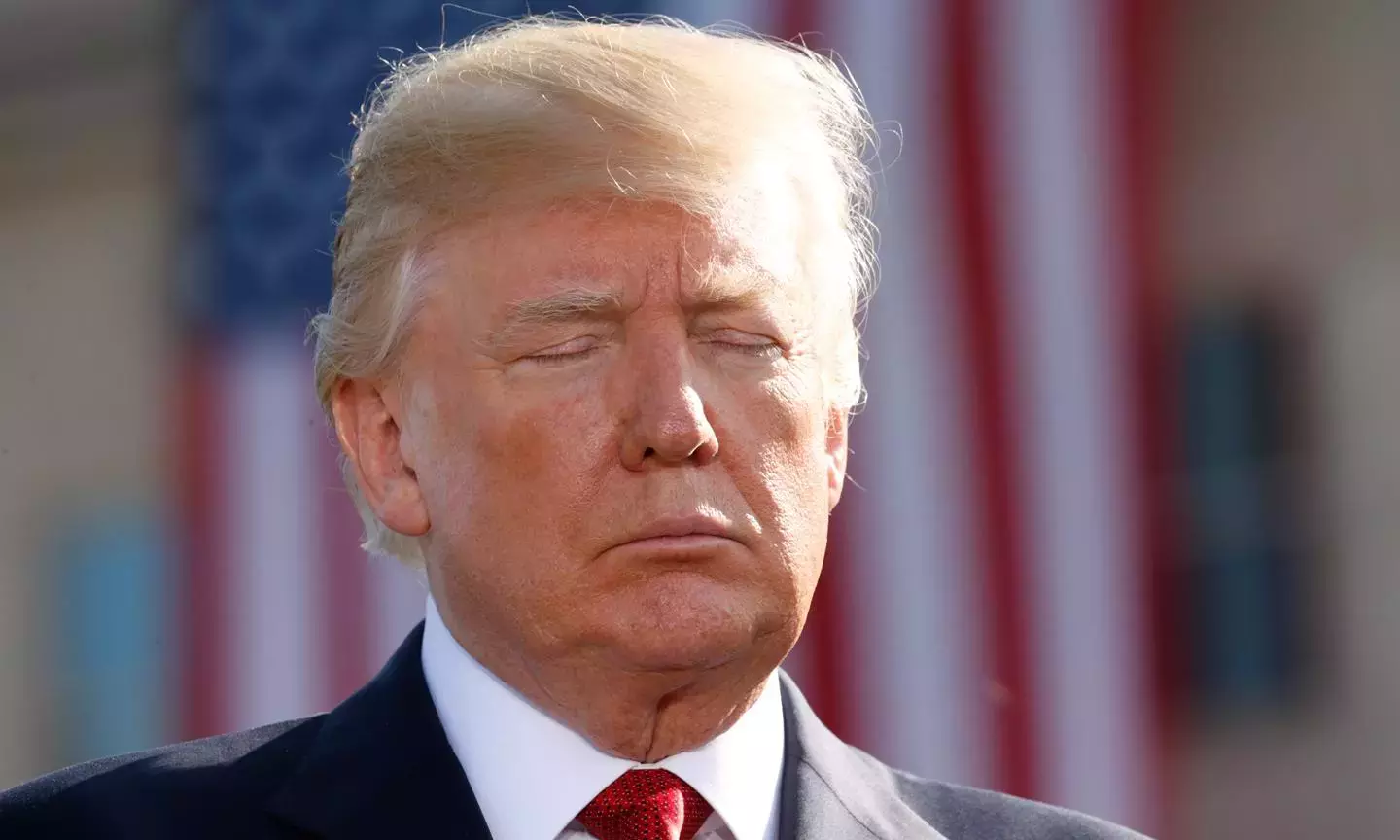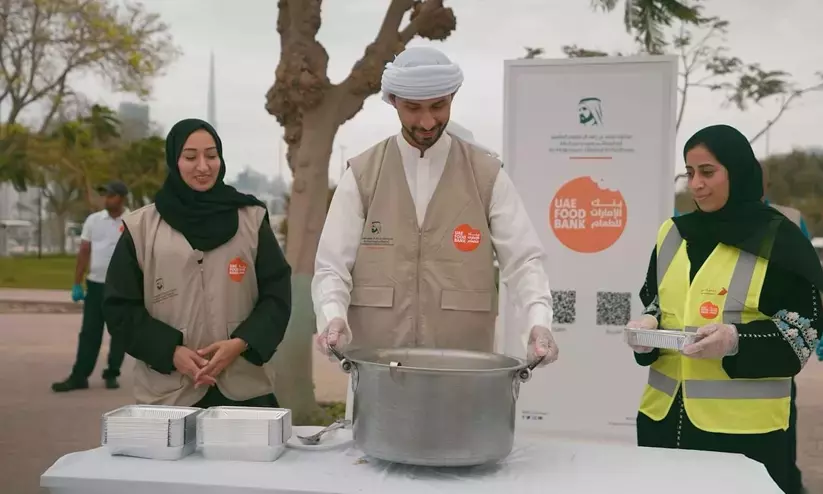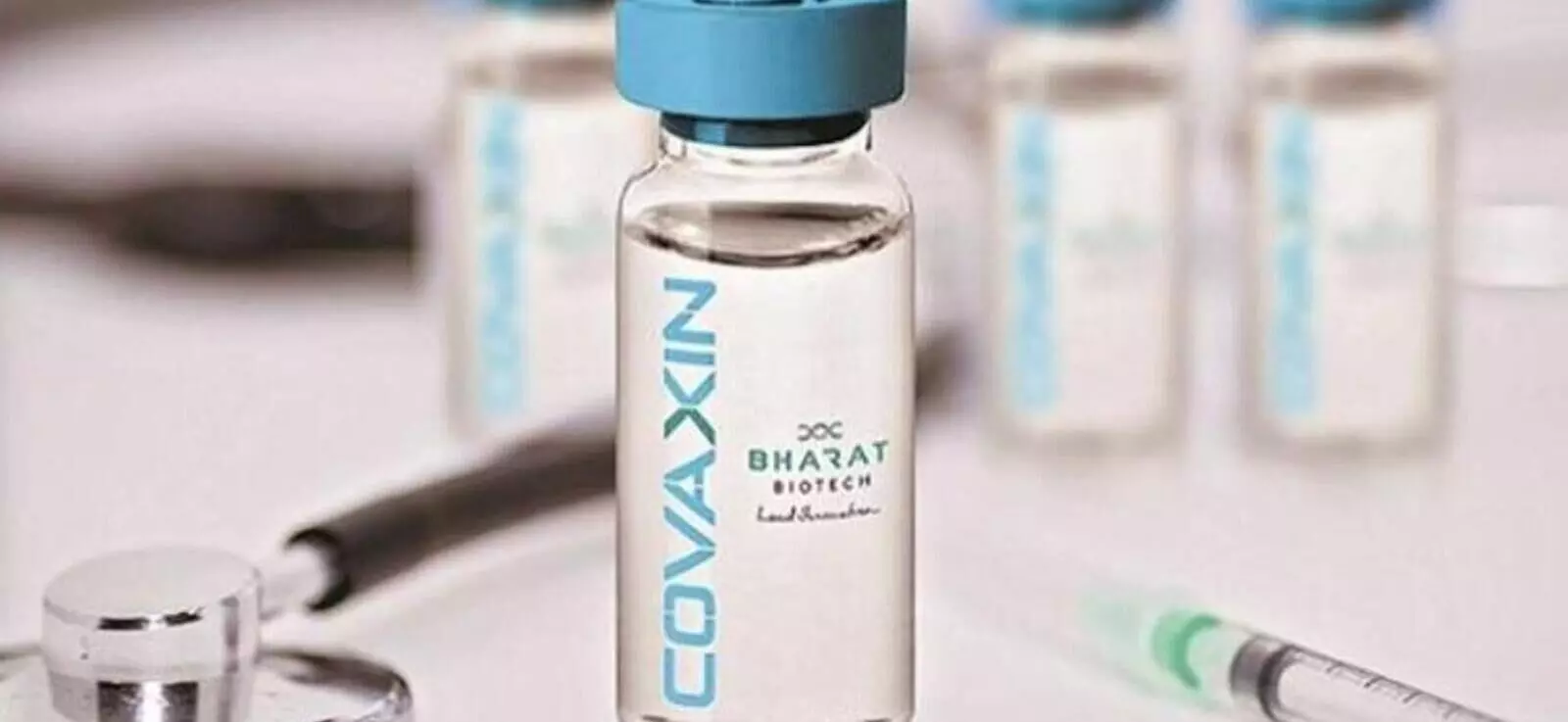
Patent filings omit ICMR, credit Bharat Biotech as ‘inventor’ of Covaxin
text_fieldsNew Delhi: Public records state that the Indian Council of Medical Research (ICMR) and Hyderabad-based Bharat Biotech International Limited (BBIL) collaborated to develop Covaxin, the country's first locally produced coronavirus vaccine. The two institutions shared intellectual property (IP) rights for the vaccine.
Filing by BBIL at US, European, and Indian patent offices, however, implies that the vaccine's "inventors" are just its scientists and staff—ICMR scientists are not mentioned, the Hindu reported.
Documents describing these patent applications have been viewed by The Hindu. If BBIL employees—who are identified in applications as Deepak Kumar and Krishna Murthy Ella, Chairman and Founder of BBIL—are the sole inventors, this would be in contradiction to a Rajya Sabha statement made by the Union Health Ministry, the ICMR's nodal Ministry, asserting that intellectual property rights are "jointly owned."
Then-Minister of State (Health Ministry) Bharati Pravin Pawar provided a detailed response to a July 2021 question in the Rajya Sabha from Congress President Mallikarjun Kharge, who requested specifics of the agreement between the ICMR and the BBIL for the development of Covaxin.
It was specifically stated that the "intellectual property over the product would be jointly owned by the ICMR and the BBIL." The Minister's statement stated that the ICMR would provide a "well characterised" virus strain for vaccine development, the BBIL would develop the final vaccine formulation, and the ICMR would grant a "non-exclusive" licence to commercialise the product within two years. The ICMR would also receive as a royalty 5% of net sales to be remitted half-yearly. The ICMR also stated that one of its institutes, the ICMR-National Institute of Virology (NIV), Pune, had spent "funds for Covaxin development.”
The funding of phase-3 clinical trials of Covaxin which involved 25,800 participants at 25 locations was also done. In total, ₹35 crore was spent by ICMR for the development of the vaccine.
According to an update by the government to the Rajya Sabha, the ICMR received ₹171 crore as royalty for Covaxin as of January 2022.
The sharing of patent rights was not included in the response Ms Pawar gave to the Parliament.
Over the years, the BBIL has collaborated with public research bodies such as the Council of Scientific and Industrial Research (CSIR) and the ICMR itself on a number of researches and in patent applications, they have listed scientists from all institutions as ‘inventors’.
A spokesperson for BBIL stated that the Bharat Biotech patent was filed only for “process development” specific to the making of the vaccine. The use of an adjuvant (an ingredient used in vaccines to elicit a stronger response), licensed from the Kansas-based ViroVax and added to Covaxin was also covered by it.
Both process and product patents are permitted under Indian patent law. With a product patent, an inventor can have a monopoly over, for example, drugs. Process patents prevent competitors from producing similar drugs by following the same steps.
“Bharat Biotech is innovator of the process developed after procuring strain from the NIV through an agreed consideration between both the parties. Moreover, the NIV was also responsible for testing for other variants. It is to be noted that while ICMR/NIV owns the animal challenge (clinical trials on animals) studies, Bharat Biotech owns the process development and new adjuvant added to the vaccine.”
According to the spokesperson's email, the CSIR's product development involved money from both the BBIL and the CSIR, making co-inventorship during patent applications appropriate. Who owned the rights to the data from human clinical trials—information that pharmaceutical corporations typically do not disclose—was not made clear by the BBIL.
The ICMR has been closely involved in every facet of Covaxin development. In particular, as former chief Dr Balram Bhargava has detailed in his book, Going Viral: The Making of Covaxin, ICMR scientists isolated the Sars-Cov2 strain from Italian tourists in March 2020 and provided it to Bharat Biotech, which by April 30 produced a batch of vaccine candidates that were used to carry out pre-clinical animal studies on rats, hamsters, monkeys, and, after positive results, human trials. Scientists from the BBIL and ICMR are listed as co-authors of every publication that follows, some of which are published in prestigious journals like TheLancet and detail the outcomes of these studies.
According to an independent expert, in a memorandum of understanding (MoU), collaborating entities typically specify in detail how IPR and patenting rights resulting from a resulting invention would be shared. “There could be multiple kinds of agreements and only a perusal of the MoU can clarify on such matters,” an IPR lawyer, who declined to be identified as he consulted both of these organisations, told The Hindu. The ICMR has previously declined Right to Information requests by activists and media on the terms of this MoU citing “third party confidentiality”.
“This raises some important questions. If intellectual property is jointly owned, then patent applications require that all the inventors be mentioned. In the United States, for instance, not mentioning all inventors can be strong grounds for the rejection of patents,” Dr Zakir Thomas, who was previously been involved in intellectual property development at the CSIR, told The Hindu. “While intellectual property is a broad term, only one of which is patents, the ICMR should clarify the statement made to Parliament on what it means by co-ownership and whether it collaborated in the development.”





















